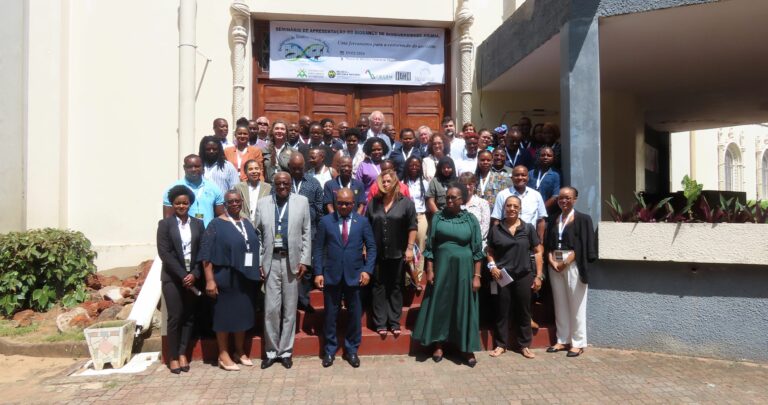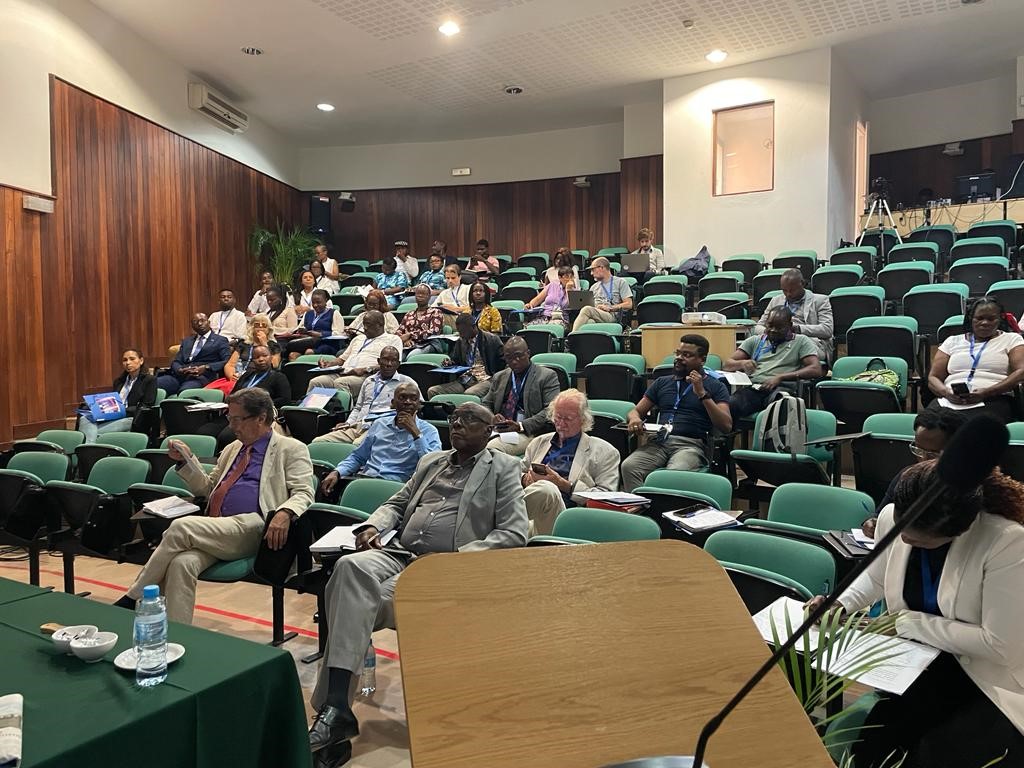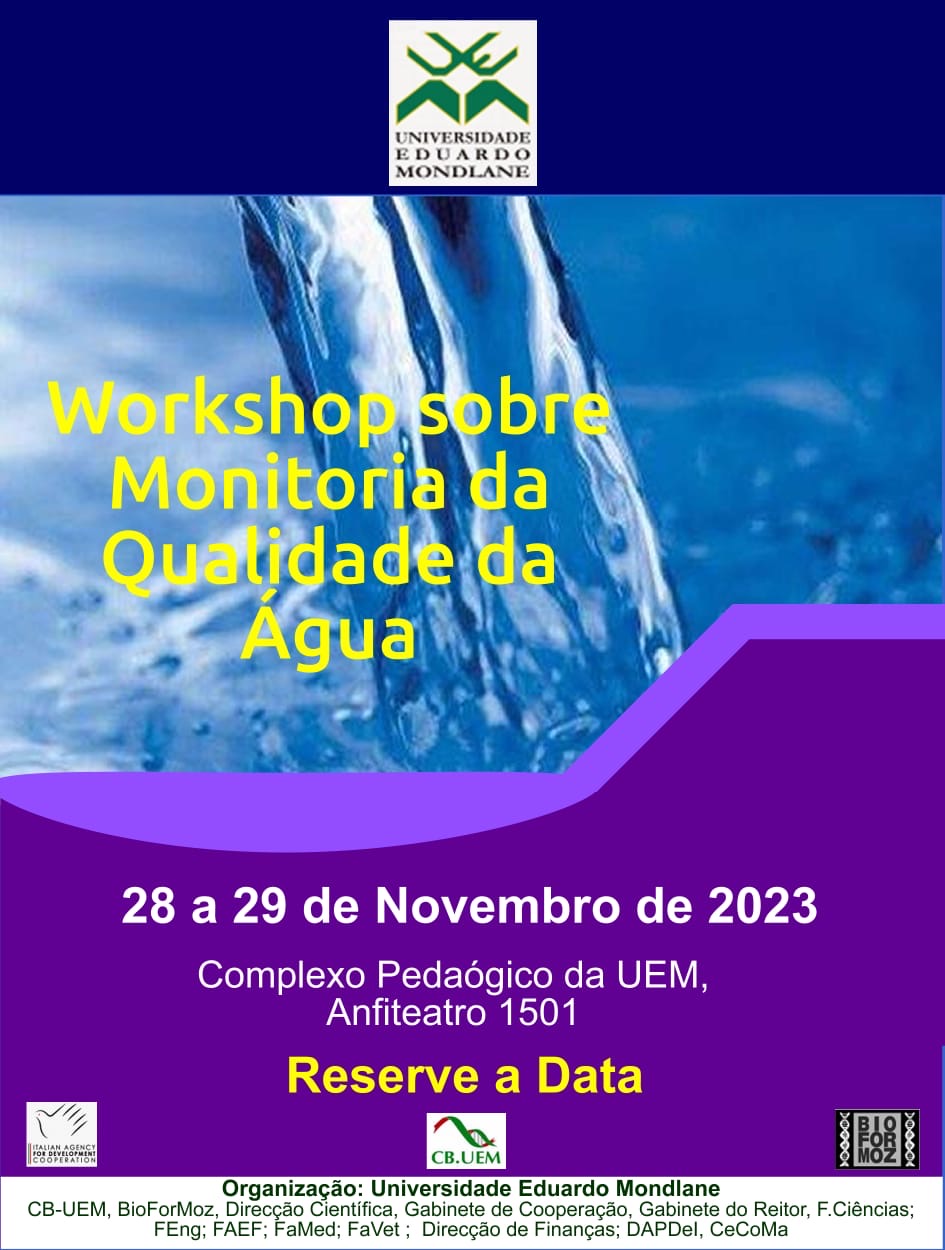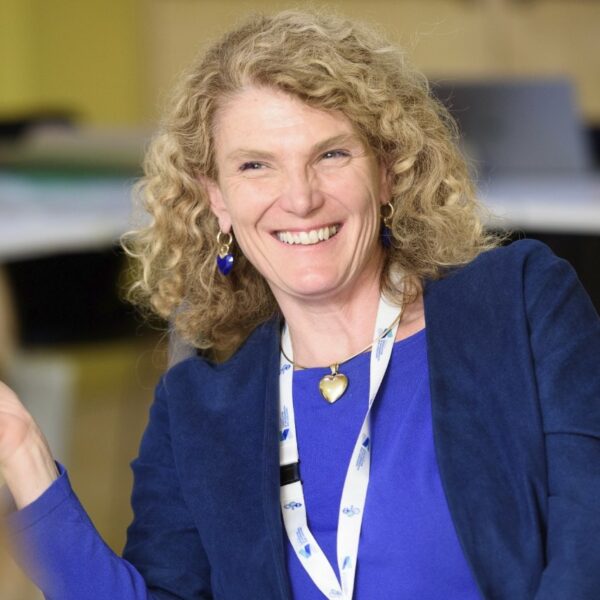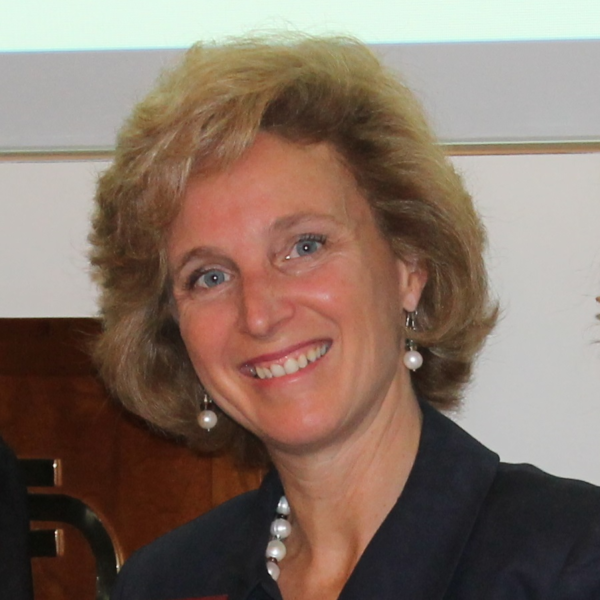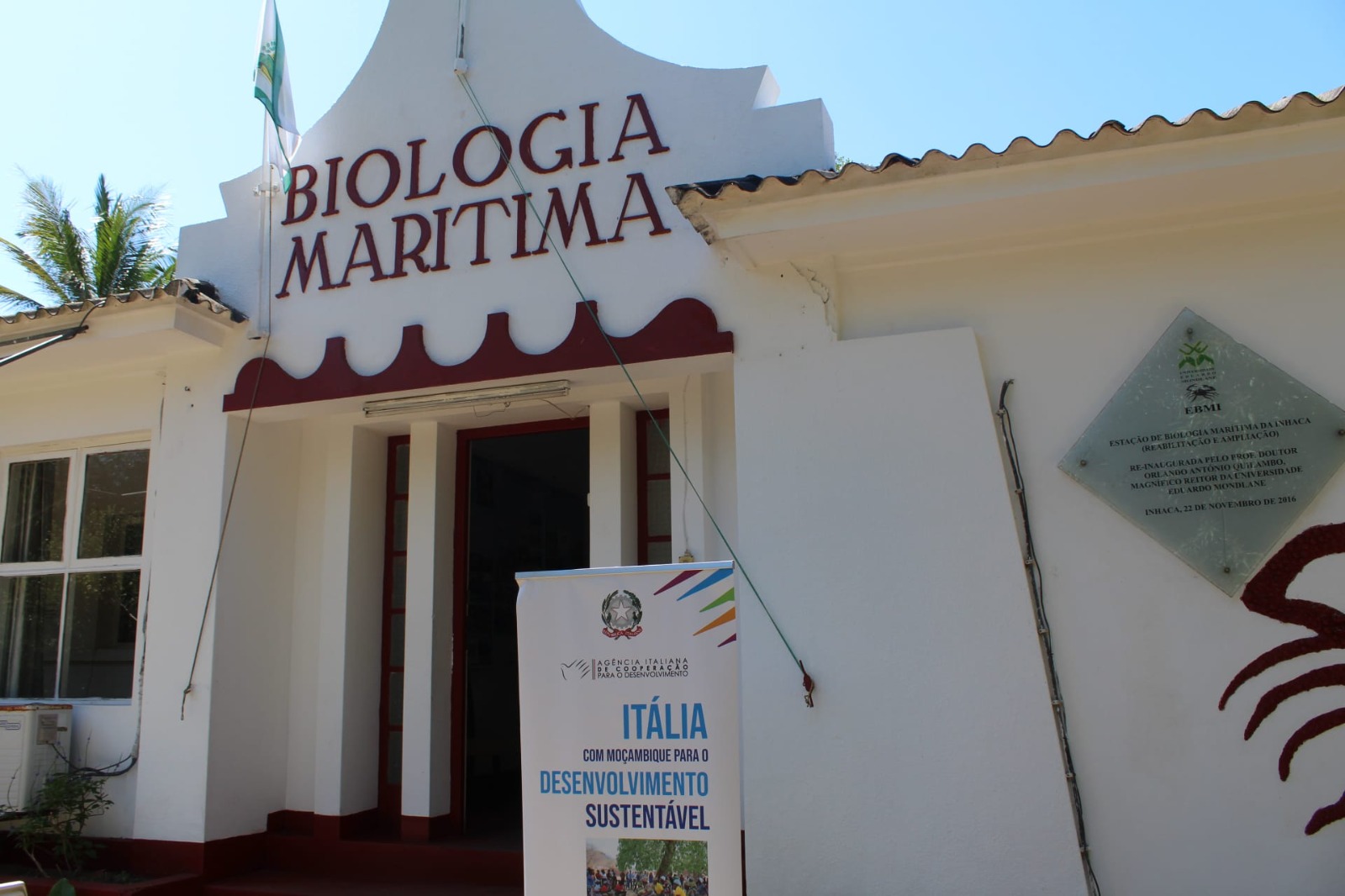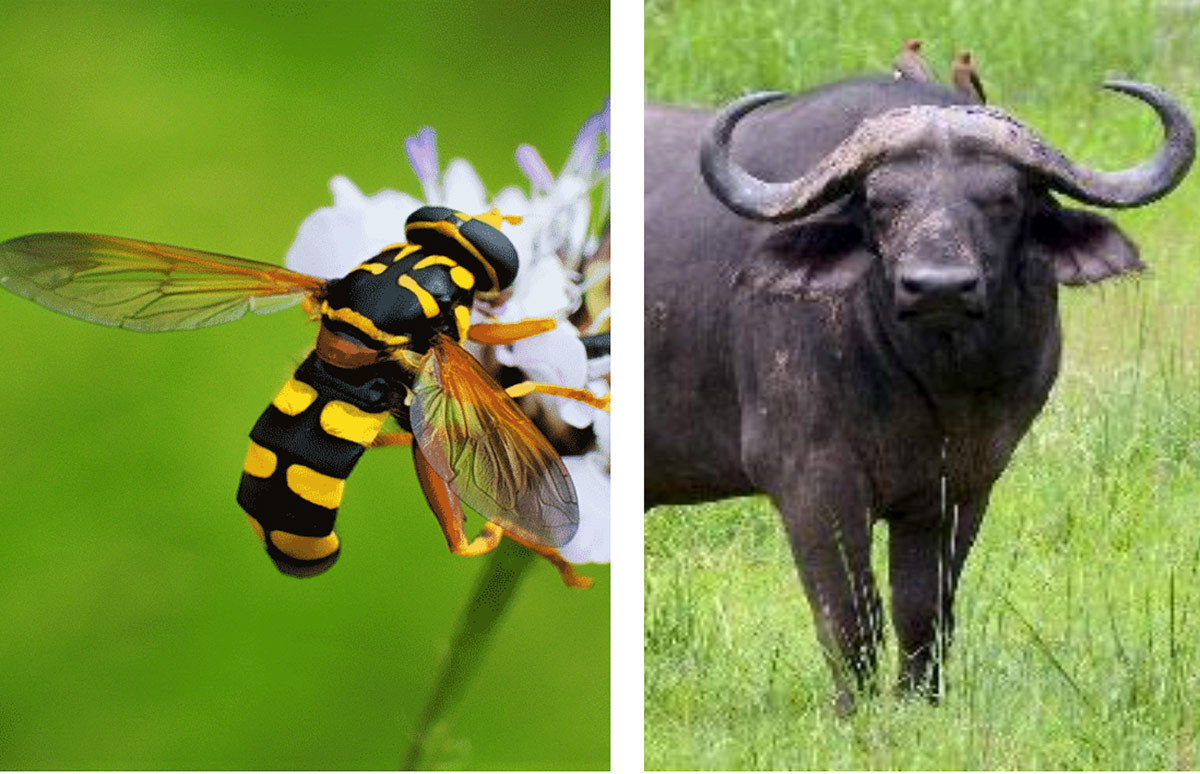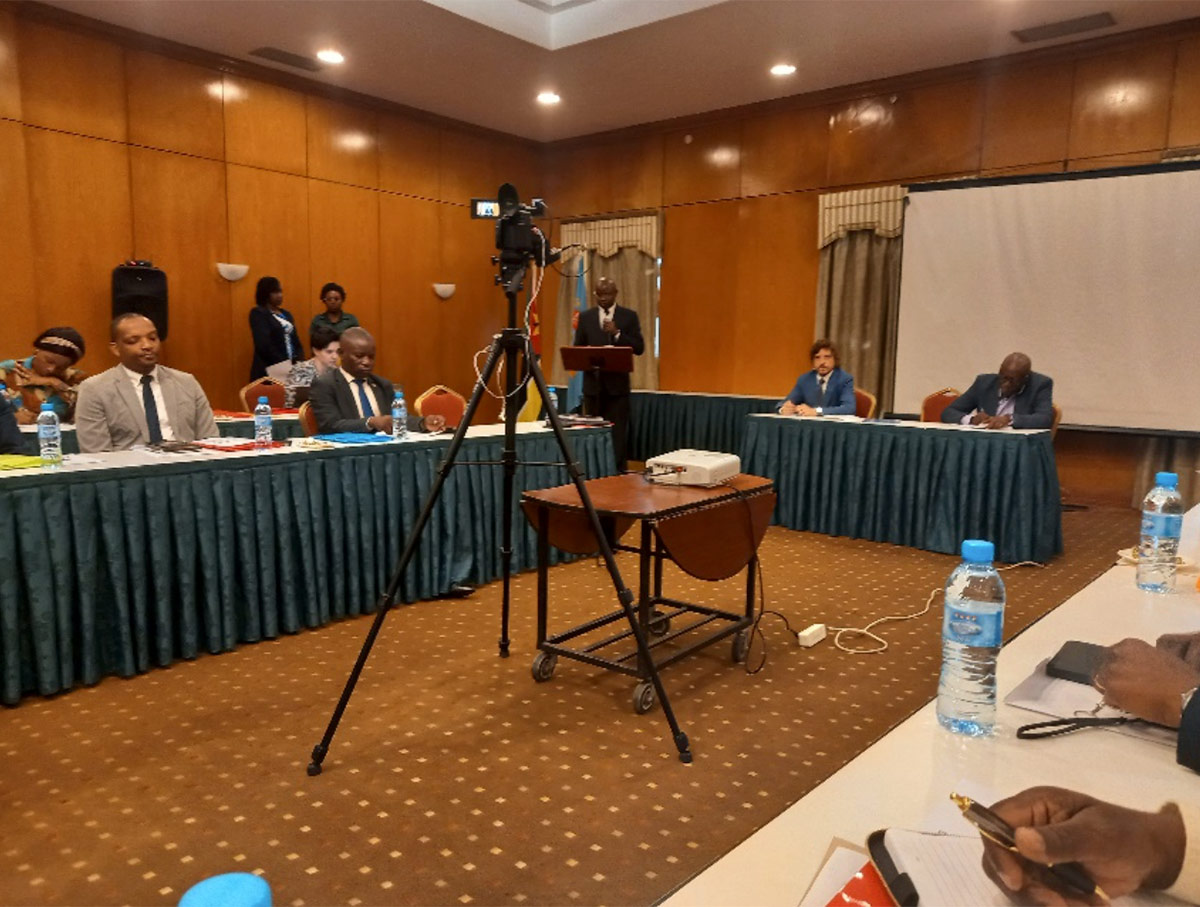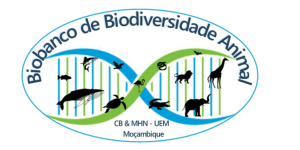
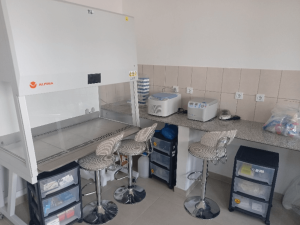
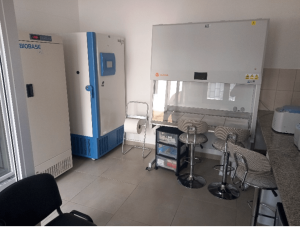
The Biotechnology Center (CB-UEM), the Natural History Museum and the BioForMoz Project (Italian Development Cooperation Agency – AICS) promoted on February 15, 2024, in Maputo, a Seminar to present the Biobank of Animal Biodiversity (BBA) to the academic community and society.
The Seminar was attended by the Magnificent Rector of Eduardo Mondlane University, Doctor Manuel Guilherme Júnior and the Deputy Director of AICS, Dr. Maria Cristina Pescante and more than 80 participants including representatives from the Government, Academia, non-governmental organizations, and private sector with an interest in Biodiversity Conservation. Nine presentations were made by national and foreign partners and analogous biobanks. The presentations focused on the role of Biobanks for Conservation, their operation, and the importance of cooperation between institutions for the development of scientific and environmental policies in the country and the world.
The Animal Biodiversity Biobank, which is a structure created for the purpose of long-term storage of wild fauna samples, the first of its kind in the country, was founded by the Biotechnology Center (CB-UEM) and the Natural History Museum (MHN) and funded by AICS through the BioForMoz Project. These two twin laboratories will fill a national gap and operate as a support infrastructure for scientific research in biodiversity, public health, and forensics by meeting the needs of conservation areas, national and foreign researchers and scientists, and institutions that control poaching and illegal fishing, as well as other environmental crimes.
This Seminar made it possible to promote the BBA, encourage its use by the community (sample deposit & request) and mobilize more partners and resources for operation and sustainability of the BBA.
